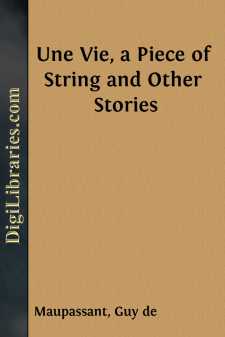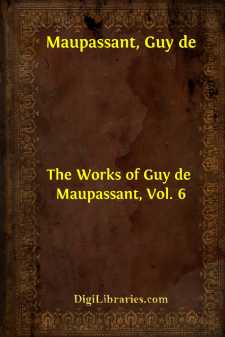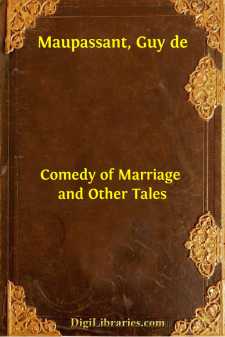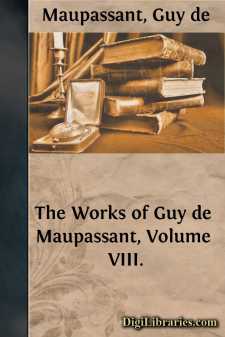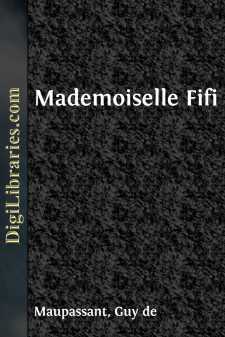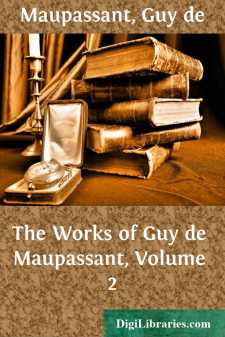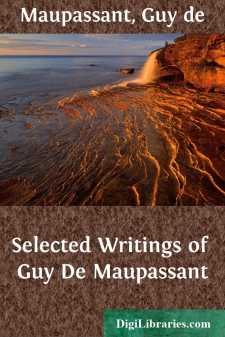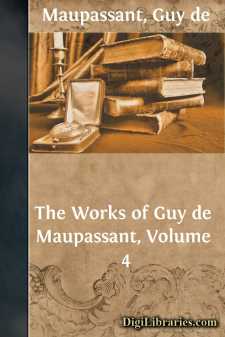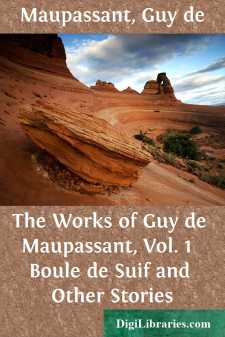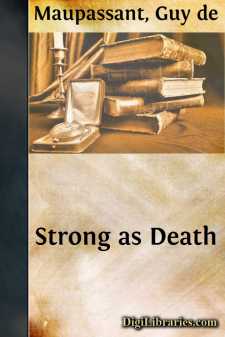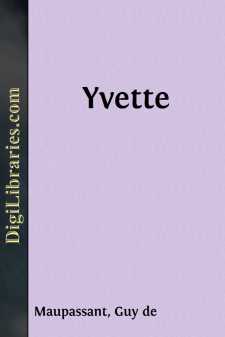Categories
- Antiques & Collectibles 13
- Architecture 36
- Art 48
- Bibles 22
- Biography & Autobiography 813
- Body, Mind & Spirit 142
- Business & Economics 28
- Children's Books 15
- Children's Fiction 12
- Computers 4
- Cooking 94
- Crafts & Hobbies 4
- Drama 346
- Education 46
- Family & Relationships 57
- Fiction 11828
- Games 19
- Gardening 17
- Health & Fitness 34
- History 1377
- House & Home 1
- Humor 147
- Juvenile Fiction 1873
- Juvenile Nonfiction 202
- Language Arts & Disciplines 88
- Law 16
- Literary Collections 686
- Literary Criticism 179
- Mathematics 13
- Medical 41
- Music 40
- Nature 179
- Non-Classifiable 1768
- Performing Arts 7
- Periodicals 1453
- Philosophy 64
- Photography 2
- Poetry 896
- Political Science 203
- Psychology 42
- Reference 154
- Religion 513
- Science 126
- Self-Help 84
- Social Science 81
- Sports & Recreation 34
- Study Aids 3
- Technology & Engineering 59
- Transportation 23
- Travel 463
- True Crime 29
Une Vie, a Piece of String and Other Stories
Description:
Excerpt
"I entered literary life as a meteor, and I shall leave it like a
thunderbolt." These words of Maupassant to José Maria de Heredia on
the occasion of a memorable meeting are, in spite of their morbid
solemnity, not an inexact summing up of the brief career during which,
for ten years, the writer, by turns undaunted and sorrowful, with the
fertility of a master hand produced poetry, novels, romances and
travels, only to sink prematurely into the abyss of madness and
death....
In the month of April, 1880, an article appeared in the "Le Gaulois"
announcing the publication of the Soirées de Médan. It was signed by a
name as yet unknown: Guy de Maupassant. After a juvenile diatribe
against romanticism and a passionate attack on languorous literature,
the writer extolled the study of real life, and announced the
publication of the new work. It was picturesque and charming. In the
quiet of evening, on an island in the Seine, beneath poplars instead
of the Neapolitan cypresses dear to the friends of Boccaccio, amid the
continuous murmur of the valley, and no longer to the sound of the
Pyrennean streams that murmured a faint accompaniment to the tales of
Marguerite's cavaliers, the master and his disciples took turns in
narrating some striking or pathetic episode of the war. And the issue,
in collaboration, of these tales in one volume, in which the master
jostled elbows with his pupils, took on the appearance of a manifesto,
the tone of a challenge, or the utterance of a creed.
In fact, however, the beginnings had been much more simple, and they
had confined themselves, beneath the trees of Médan, to deciding on a
general title for the work. Zola had contributed the manuscript of the
"Attaque du Moulin," and it was at Maupassant's house that the five
young men gave in their contributions. Each one read his story,
Maupassant being the last. When he had finished Boule de Suif, with a
spontaneous impulse, with an emotion they never forgot, filled with
enthusiasm at this revelation, they all rose and, without superfluous
words, acclaimed him as a master.
He undertook to write the article for the Gaulois and, in coöperation
with his friends, he worded it in the terms with which we are
familiar, amplifying and embellishing it, yielding to an inborn taste
for mystification which his youth rendered excusable. The essential
point, he said, is to "unmoor" criticism.
It was unmoored. The following day Wolff wrote a polemical
dissertation in the Figaro and carried away his colleagues. The volume
was a brilliant success, thanks to Boule de Suif. Despite the novelty,
the honesty of effort, on the part of all, no mention was made of the
other stories. Relegated to the second rank, they passed without
notice. From his first battle, Maupassant was master of the field in
literature.
At once the entire press took him up and said what was appropriate
regarding the budding celebrity. Biographers and reporters sought
information concerning his life. As it was very simple and perfectly
straightforward, they resorted to invention. And thus it is that at
the present day Maupassant appears to us like one of those ancient
heroes whose origin and death are veiled in mystery.
I will not dwell on Guy de Maupassant's younger days. His relatives,
his old friends, he himself, here and there in his works, have
furnished us in their letters enough valuable revelations and touching
remembrances of the years preceding his literary début. His worthy
biographer, H....


